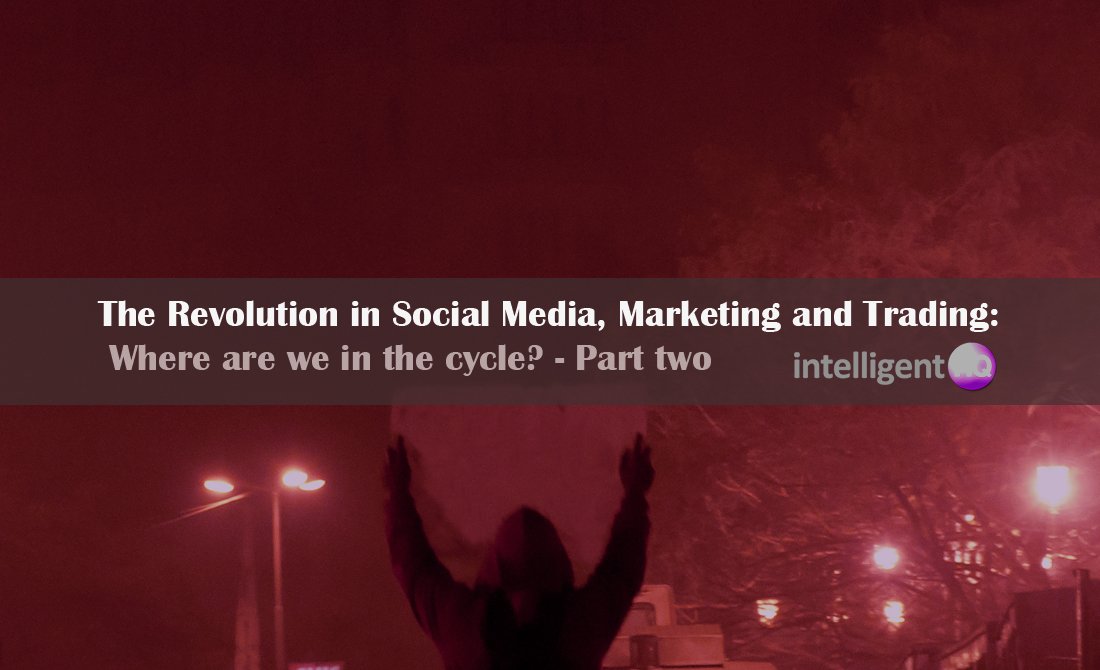In the run up to the United Kingdom’s General Election, many people reflect on what has happened in the recent past, to try to help them to select a party that will best suit the needs of them and the country, in their view. Looking back on the recent past, one of the factors that was an influencer in the last election in 2010 was the economic recession. The world economic downturn had happened in 2008, and the economy was still reeling. We are now more than seven years on from the onset of that recession and many feel that the problems that caused it have not been addressed. There is no financial reform on the table. Writing for NEF, Christine Berry (2015) highlights some of the issues. She explains that we are told that everything is working. Yet, as Berry argues:
“…politicians haven’t come close to addressing the root causes of the crisis – such as the vicious cycle of inequality and indebtedness as wages stagnate.”
This has led some to drive for change. A manifesto for change has been created by a number of organisations, including NEF, Share Action, Positive Money, the Finance Innovation Lab and Friends of the Earth, among others. The manifesto calls for more diversity in banking, greater responsibility within financial markets, transparency in savings and investments, increased sustainability through the expansion of the Green Investment Bank, and more democracy. Each of these areas is outlined in greater depth by the Finance Innovation Lab.
Increasing diversity in the financial sector
Regarding the area of diversity in banking, the manifesto calls for the new Competition and Markets Authority investigation into retail banking to examine and promote increased diversity in the financial sector. This would be envisaged to include local banks, credit unions, an increased number of mutuals and peer to peer finance as well as community finance institutions. It is argued that the investigation must be finalised before the government should be allowed to release its stakes in RBS back into the private domain. That is because those assets could potentially be put to different use. It is explained that the UK has no local banks and only a small community finance sector and this is unusual compared to other countries. At the same time, people are unable to access banking services. Increasing diversity in this area would help to solve some of these issues.
Responsibility
Taking the area of responsibility the manifesto pushes for the UK to sign up to the European Financial Transaction Tax, as it is explained that this would cut back on some of the unnecessary speculative trading of financial assets that goes on. It is argued that by doing this, other economies such as the USA may be likely to take similar steps. It would also have the benefit of asset managers paying greater attention to long term prospects of holdings for clients.
Transparency
The area of transparency calls for a Responsible Investment Bill. This would have the benefit of placing clear responsibility on professional investors to invest responsibly on behalf of their savers’ long term interests. It is argued that this is particularly important to make sure that there will be sufficient funds in private pensions systems so that when people retire their funds will be available to them. The idea would be to give savers the ability to see how their money is being spent and assess this decision making.
Sustainability
Looking at the area of sustainability it is proposed that there should be a state-backed British Investment Bank, and that this could be achieved by expanding the remit of the Green Investment Bank. Currently the Green Investment Bank does not have the features that other state backed banks do. It is argued that it could become a proper state bank with real ability to make long term investment decisions. This would allow it to be able to invest in projects with social value with returns lower than private banks are able to accept.
More democracy
Finally, the goal of democracy seeks to mandate the Bank of England to produce a full review of options to use monetary policy to influence the allocation of credit in the economy. There have been policy tools that have been put in place for economic and social purposes such as Help to Buy and these have had consequences for income and wealth distribution. It is argued that these types of activities need to be accountable to the electorate.

Paula Newton is a business writer, editor and management consultant with extensive experience writing and consulting for both start-ups and long established companies. She has ten years management and leadership experience gained at BSkyB in London and Viva Travel Guides in Quito, Ecuador, giving her a depth of insight into innovation in international business. With an MBA from the University of Hull and many years of experience running her own business consultancy, Paula’s background allows her to connect with a diverse range of clients, including cutting edge technology and web-based start-ups but also multinationals in need of assistance. Paula has played a defining role in shaping organizational strategy for a wide range of different organizations, including for-profit, NGOs and charities. Paula has also served on the Board of Directors for the South American Explorers Club in Quito, Ecuador.






























